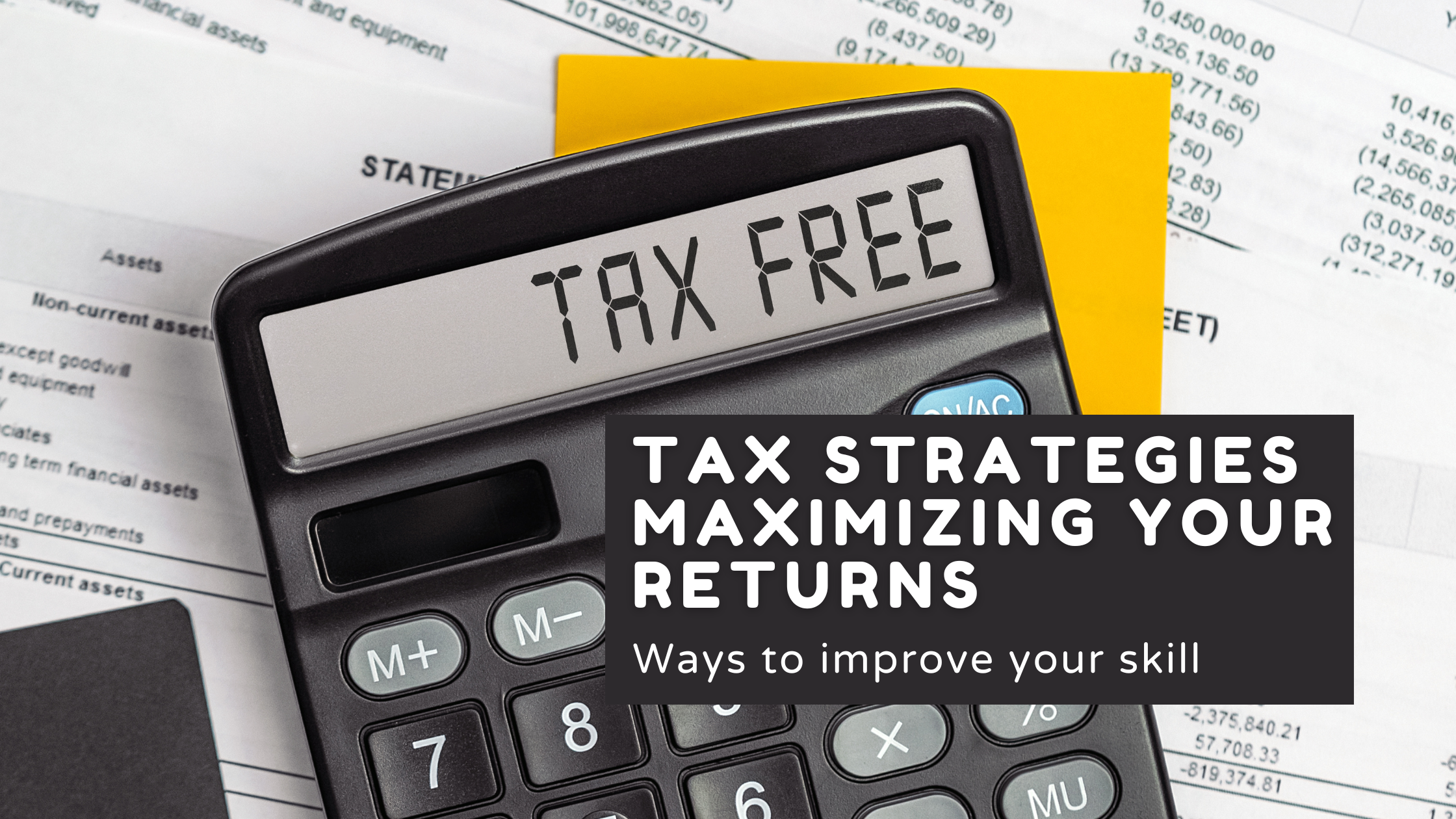Navigating the intricacies of the tax landscape can be a complex journey, but with the right strategies, you can maximize returns and keep more of your hard-earned money. This exploration of tax planning covers key areas such as deductions, credits, tax-efficient investments, the impact of major tax law changes, and practical tips for organizing financial documents while working with tax professionals.
Tax Planning: Uncover Hidden Opportunities
1. Deductions:
Explore potential deductions to reduce your taxable income. Common deductions include mortgage interest, medical expenses, student loan interest, and charitable contributions. Keep meticulous records to substantiate your claims and take advantage of every eligible deduction.
2. Credits:
Tax credits directly reduce your tax liability. Familiarize yourself with available credits such as the Child Tax Credit, Earned Income Tax Credit, and Education Credits. These credits can result in significant savings, so ensure you qualify and claim them appropriately.
3. Tax-Efficient Investments:
Consider tax-efficient investment strategies to minimize capital gains taxes. Invest in tax-advantaged accounts like IRAs and 401(k)s. Additionally, explore investments with favorable tax treatment, such as tax-free municipal bonds.
Major Tax Law Changes: Stay Informed

1. Tax Cuts and Jobs Act:
Understand the implications of significant tax law changes, such as the Tax Cuts and Jobs Act (TCJA). This legislation, enacted in 2017, introduced alterations to tax brackets, standard deductions, and various credits. Stay informed about updates to ensure you adapt your strategy accordingly.
2. COVID-19 Relief Measures:
Be aware of any temporary tax relief measures introduced in response to events like the COVID-19 pandemic. These measures may include stimulus payments, expanded unemployment benefits, and tax credits designed to alleviate financial burdens during challenging times.
Tips for Organization and Professional Assistance
1. Organize Financial Documents:
Maintain an organized record-keeping system for financial documents, receipts, and statements. Categorize and store these documents in a secure and accessible manner. This practice streamlines the tax filing process and ensures you have the necessary information readily available.
2. Work with Tax Professionals:
Engage with tax professionals, such as certified public accountants (CPAs) or tax advisors. Their expertise can help you navigate complex tax laws, maximize deductions, and optimize your financial strategy. Collaborate with them throughout the year for proactive planning rather than reactive measures during tax season.
3. Leverage Technology:
Utilize tax software and financial apps to streamline the tax preparation process. These tools often provide step-by-step guidance, ensure accuracy, and may even identify additional opportunities for savings.
In conclusion, maximizing your tax returns requires strategic planning, awareness of tax law changes, and meticulous organization. By exploring deductions, credits, and tax-efficient investments, you can optimize your financial strategy. Stay informed about major tax law changes, organize your financial documents, and consider working with tax professionals for a comprehensive approach. Remember, proactive planning throughout the year sets the stage for a smoother and more rewarding tax season.


Leave A Comment